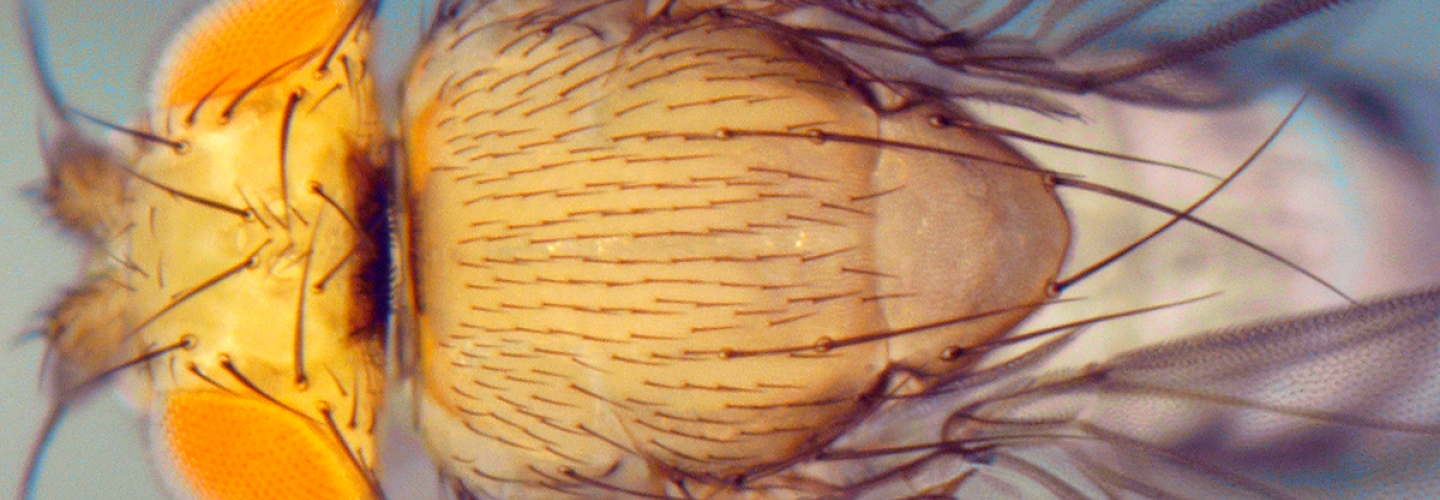The philosophy of the Biology Department is to create an environment in which many areas of biology are represented, and interactions with an intellectually diverse group of colleagues provide opportunities to broaden your thinking and make connections between different fields and scientific approaches. Areas of research include microbiology, cell biology, developmental biology, physiology, neuroscience, animal behavior, plant biology, genomics, computational biology, evolution, ecology and biodiversity. Click here to review the research interests of the faculty in the Biology Department.
Each graduate student enters the department with the freedom to pursue topics ranging from the behavior of molecules to that of cells, organisms, genomes, and ecosystems. We encourage students to get a broad exposure through lab rotations with any faculty member in the Biology Graduate Group. As students identify more specific research interests, they can tailor their graduate education accordingly, choosing courses from different departments and schools at Penn as appropriate.
A feature of Penn's campus is that everything is close together, which facilitates collaborations with colleagues in other departments (e.g. Physics, Chemistry, Mathematics, and Linguistics) and other schools at Penn (Medicine, Veterinary Medicine, Engineering and Applied Sciences).
We believe that this environment provides an ideal starting point for a graduate student developing a career in biology.
Click here for more information on life as a Graduate Student at Penn.
Application Information:
Individuals interested in applying to our graduate program should consult the Application Information section of this page for application requirements, deadlines, and admission policies. All candidates applying to the Biology program in the School of Arts and Sciences are asked to address the following prompts in their personal statement:
- Please describe how your background and academic experiences have influenced your decision to pursue a graduate degree and led you to apply to Penn. Your essay should detail your specific research interests and intellectual goals within Biology. Please provide information about your educational trajectory, intellectual curiosity and academic ambitions.
- If you have overcome adversity and/or experienced limited access to resources or opportunities in your field of study, please feel free to share how that has affected the course of your education. We are interested in your lived experiences and how your particular perspective might contribute to the inclusive and dynamic learning community that Penn values and strives to create.
- Please indicate which lab(s) at Penn you are interested in joining and why you are interested in them. We strongly encourage you to contact these faculty members before submitting your application to determine whether they are accepting new students and to discuss ideas for possible research projects.
Apply here!
Student Support:
All students admitted to our program receive financial support for a minimum of five years. New students receive a non-service Educational Fellowship which allows them to focus entirely on lab selections and coursework during their first year. Students complete most of their course work and lab rotations in the first year and then start their thesis research in the second year while completing their teaching requirement and preparing for their candidacy exams. Students are then fully focused on thesis research by the end of the second year. Students still have the option of taking additional courses in advanced years in order to enhance their graduate research. In subsequent years, students are supported through various means, such as teaching assistantships, research fellowships, training grants, and other means, both University fellowships and outside funding. More information is available on the FAQ page.

